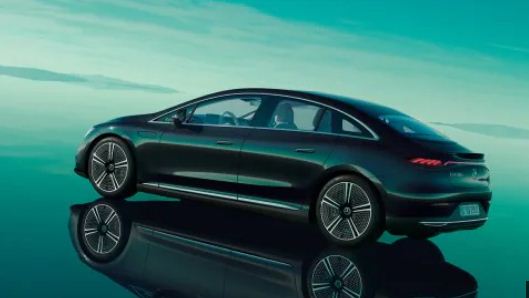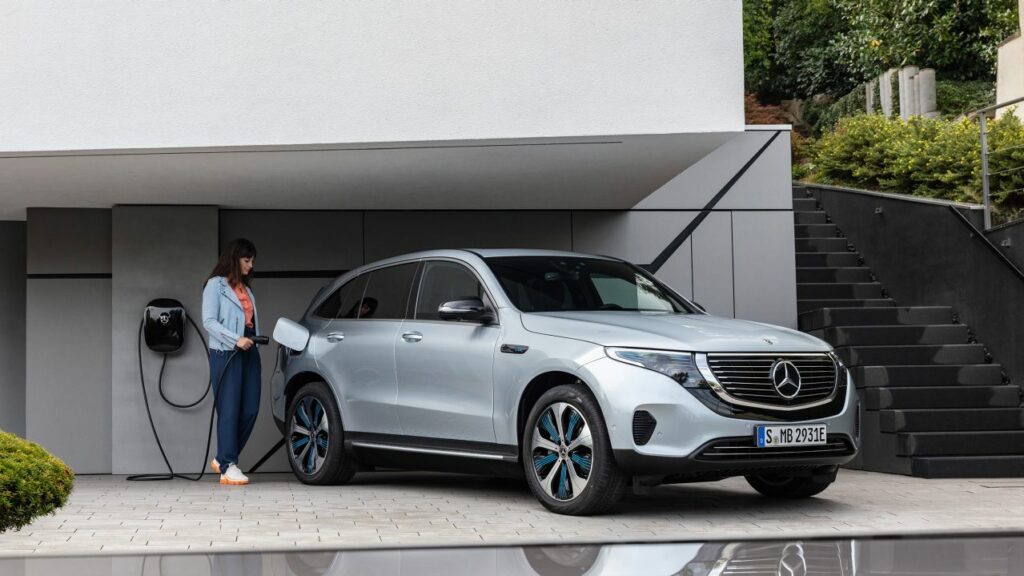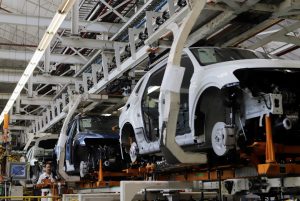From 2022, Mercedes-Benz wants to transform its plants in order to minimize the carbon footprint while remaining true to the concept of sustainability.
As part of its strategy to contribute to the environment, the manufacturer has set itself the goal of achieving a CO2-neutral fleet of new vehicles by 2039, and aims to have a carbon dioxide-neutral production. To this end, they are working to reduce by 40% the use of raw materials used in the components of their vehicles by 2030.
The company’s commitment is based on estimates indicating that as of 2025, electric and hybrid cars will account for 50% of sales, and it is expected that fully electric cars will account for the largest share.
According to this policy, the company announced that from the second half of the decade, it expects to have factories producing exclusively electric vehicles. According to a report by Reuters, Mercedes anticipates that some of its production lines within the complexes will switch completely to electricity even before the second half of the decade, according to Joerg Burzer.
This was stated by Joerg Burzer, Chief Production Officer of the brand, who pointed out that building a new battery-electric vehicle factory takes time, a situation for which they have taken another approach.
“We will certainly have some lines producing only electric vehicles over the next few years; also we see entire factories switching to electric vehicles, that’s a theme for the second half of the decade,” he said.
An Innovative Car
Mercedes is currently focusing its efforts on producing its EQE model, unveiled last September at the IAA Mobility fair, which it plans to exhibit in Bremen (Germany) at the end of this year, followed by Beijing (China) and Tuscaloosa (USA).
It is an electric adaptation of the E-Class with a maximum range of 660 kilometers, to boost sales of EV units as investment shifts from internal combustion vehicles to all-electric production platforms.

In this regard, Burzer said that with the EQE ramp-up in Bremen and later in Beijing, the company will be entering a segment where it will be able to deliver much higher volumes to its customers.
It is worth noting that only 2.3% of Mercedes-Benz Cars’ sales in 2021 were battery electric vehicles, rising to 11% including plug-in hybrids, which have both an engine and a battery.







